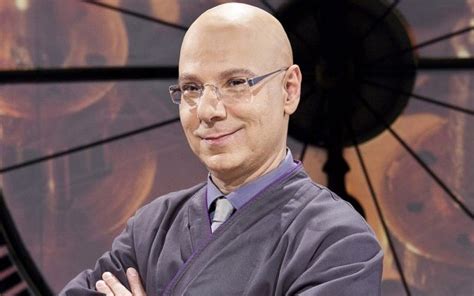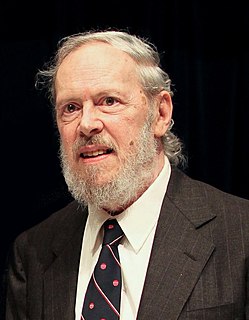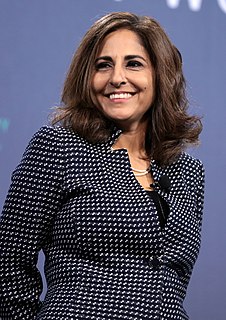A Quote by Beau Willimon
There were many years when I was hand-to-mouth and didn't know how I was gonna make rent. I've done every job under the sun, from busing tables, temping, and working in factories to SAT prep and detailing cars. So to be able to make a living where all I do is write is absolutely liberating.
Related Quotes
My friends started having children after college, while I was pursuing this crazy acting career and living hand to mouth. Plus, all my boyfriends were artists struggling to make a living. Having kids didn't make any sense - why would I take on more of a financial burden when I couldn't even afford a dog?
It isn't called TV money for nothing. There was a time where I paid my rent by doing theater for years, and I was able to buy groceries and pay my electric bill. I considered myself to be making a living as an actor. This kind of money that we make is a whole other level, of course. But it really is simply the cherry on top of a job and a role that I adore.
There will be setbacks and false starts. There are many who won't agree with every decision or policy I make as president. And we know the government can't solve every problem. But I will always be honest with you about the challenges we face. I will listen to you, especially when we disagree. And, above all, I will ask you to join in the work of remaking this nation, the only way it's been done in America for 221 years -- block by block, brick by brick, calloused hand by calloused hand.
If I may add, for instance, [Martin Luther] King and these others will say that they are fighting for the Negro to have equal job opportunity. How can people, a group of people, such as our people, who own no factories, have equal job opportunities competing against the race that owns the factories?The only way the two can have equal job opportunities is if black people have factories as, as well as white people have factories.
If we were able to put every single solitary cancer cell that has a genomic - had their genome done in one place, we have the computing capacity to go in and look at what are the similarities and dissimilarities that make them work and don't work. And every expert will tell you, it is probably gonna exponentially increase the capacity to be able to find, A, cures, B, vaccines, and C, turn some cancers into chronic diseases, rather than it cost you your life.
We don't have great answers to what jobs will look like in 10, 20, 30 years. And I think it's right for people to have some anxiety in a world where driverless cars are going to take over. Like, how are you going - it's gotten really, how are you going to have a job in 10 years, and how are your kids going to have a job in 10 years, if you haven't gone to college or had a lot of hand-ups in the system, basically.






































